Can Dogs Eat Applesauce? Understanding the Benefits and Risks for Your Pet
- 28 Feb 2025 09:31
As a dog owner, you may be looking for healthy and tasty treats for your furry friend. Applesauce might seem like an innocent and delicious option, especially if you enjoy it yourself. But before sharing a spoonful with your dog, it’s important to understand whether applesauce is safe and beneficial for them. In this article, we’ll explore whether dogs can eat applesauce, the potential health benefits, and the risks involved.

Can Dogs Eat Applesauce?
In general, dogs can eat applesauce in moderation, but it's important to be cautious about the type and amount of applesauce you offer. Applesauce is made by cooking and pureeing apples, which are safe for dogs to eat in small quantities. However, several factors can determine whether applesauce is an appropriate treat for your dog, such as the ingredients used in its preparation.
The Benefits of Apples for Dogs
Apples can be a healthy snack for dogs when offered in the right form. Apples are rich in dietary fiber, vitamin A, vitamin C, and antioxidants, all of which can contribute to your dog’s overall health. They can help support digestive health, promote good vision, and provide hydration. However, when apples are turned into applesauce, these nutrients are somewhat diluted or altered due to the cooking process.
That said, applesauce can still provide some of the benefits of apples, especially if it’s homemade and free from additives. If you’re making your own applesauce, you can ensure it’s free from sugar, preservatives, and artificial ingredients, making it a safer option for your dog.
The Risks of Applesauce for Dogs
While applesauce can be a relatively safe treat for dogs in moderation, there are a few risks and considerations to keep in mind:
Added Sugar: Many commercially available applesauce products contain added sugars, which can be harmful to dogs. Excess sugar can lead to obesity, diabetes, and other health issues in dogs. It's important to choose unsweetened applesauce or make your own to avoid this risk.
Artificial Sweeteners: Some applesauce products may contain artificial sweeteners, such as xylitol, which is extremely toxic to dogs. Even small amounts of xylitol can cause hypoglycemia (low blood sugar), seizures, and liver failure in dogs. Always check the label for any artificial sweeteners before offering applesauce to your dog.
Portion Control: While applesauce is not inherently harmful, it should only be given to your dog in moderation. Too much applesauce can upset your dog's stomach and lead to gastrointestinal issues like diarrhea or gas. Additionally, the high sugar content (even in unsweetened varieties) can contribute to weight gain over time if fed too frequently.
Cinnamon and Other Additives: Some homemade applesauce recipes may include ingredients like cinnamon, nutmeg, or cloves. While small amounts of cinnamon are generally safe for dogs, other spices can be harmful. Nutmeg, in particular, is toxic to dogs and should never be included in applesauce for pets.
How to Safely Feed Applesauce to Your Dog
If you’d like to treat your dog to some applesauce, here are a few guidelines to ensure it's safe:
Choose Unsweetened Applesauce: Always opt for applesauce that is free from added sugars or artificial sweeteners. The fewer ingredients, the better. If possible, make your own applesauce at home, ensuring it's just apples and water, without any extra sweeteners or additives.
Check for Xylitol: Be sure to check the ingredients label to ensure the applesauce doesn’t contain xylitol or any other harmful artificial sweeteners. Xylitol is highly toxic to dogs, so it’s critical to avoid products that contain it.
Serve in Moderation: Even if the applesauce is safe, it should only be given in small quantities. A spoonful or two is sufficient for most dogs, depending on their size. Too much applesauce can lead to stomach upset or contribute to excessive calorie intake.
Avoid Additives Like Cinnamon: If you're making homemade applesauce, avoid adding any spices, especially nutmeg or cloves. While a little cinnamon is generally safe, it’s always best to keep the applesauce as simple as possible.
Monitor Your Dog After Eating: As with any new food, it's a good idea to monitor your dog after offering applesauce for the first time. Look for any signs of allergic reactions or gastrointestinal distress, such as vomiting, diarrhea, or lethargy. If any unusual symptoms occur, discontinue the applesauce and consult your veterinarian.
Alternatives to Applesauce for Dogs
If you’re unsure about feeding your dog applesauce, there are several other safe and healthy treats you can offer that provide similar benefits:
Fresh Apple Slices (Without Seeds): Fresh apples can be a great, crunchy treat for your dog. Just be sure to remove the seeds, as they contain cyanide, which is toxic to dogs. Apples are rich in fiber and vitamins and are generally safe for most dogs in moderation.
Carrot Sticks: Carrots are low in calories, high in fiber, and safe for dogs to eat. They are a great alternative to applesauce and make a crunchy, satisfying treat.
Pumpkin Puree: Unsweetened, plain pumpkin puree (not pumpkin pie filling) is another healthy alternative. It’s high in fiber and can be beneficial for your dog’s digestive health. Make sure it’s free from added sugar and spices.
Frozen Fruit: You can freeze small pieces of dog-safe fruits like blueberries, strawberries, or bananas for a cool and refreshing treat, especially during warm weather.
Signs Your Dog May Have a Negative Reaction to Applesauce
If your dog has eaten applesauce and shows any of the following symptoms, it could indicate a negative reaction:
Vomiting
Diarrhea
Lethargy
Stomach discomfort or bloating
Excessive thirst or urination (due to sugar content)
If your dog shows any of these signs, it’s important to stop feeding them applesauce and consult with your veterinarian for advice.
Conclusion: Can Dogs Eat Applesauce?
In conclusion, dogs can eat applesauce in moderation as long as it is unsweetened and free from artificial sweeteners like xylitol. Applesauce can offer some nutritional benefits, including fiber and vitamins, but it should only be treated as an occasional treat and not a regular part of your dog's diet. Always check the ingredients and serve in small amounts to ensure your dog’s safety.
For ongoing pet health advice, consider using PettureX, an AI-powered pet health assistant. PettureX provides 24/7 consultations and personalized guidance on nutrition and health, helping you make informed decisions about your dog’s diet and well-being. With PettureX, you’ll have the resources to ensure your furry friend stays healthy, happy, and safe.
Related
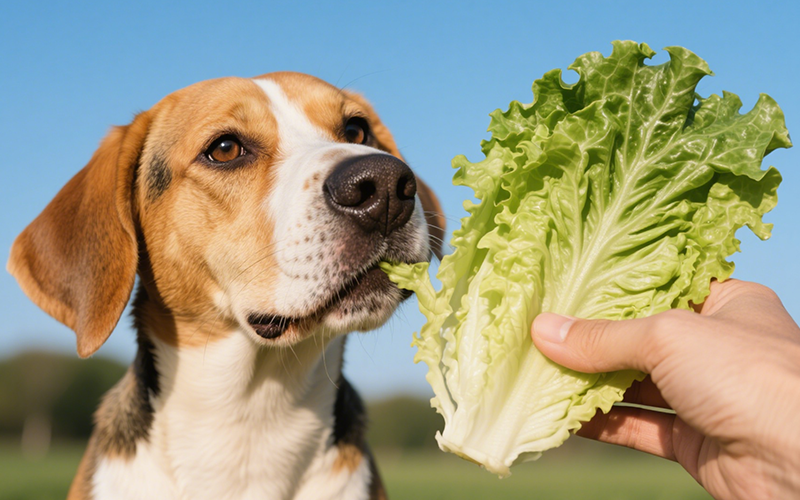
Crunchy Greens for Canines: Can Dogs Eat Romaine Lettuce Safely?
- 25 Apr 2025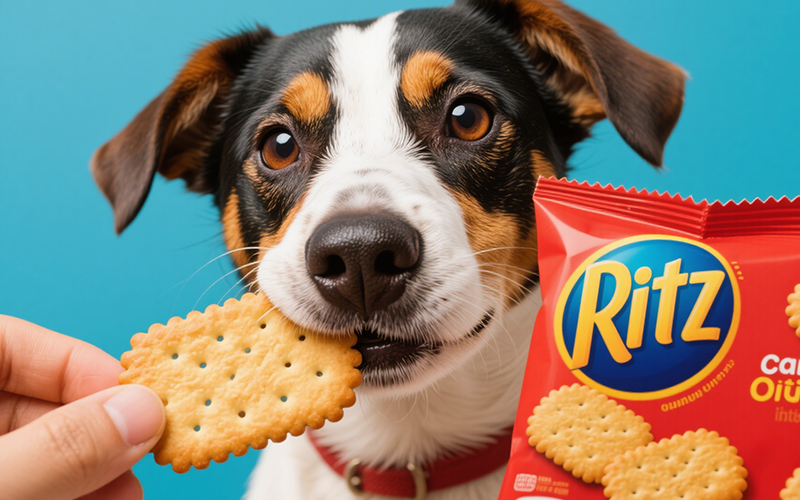
Ritz Crackers for Dogs? Why Vets Say No to This Common Snack
- 25 Apr 2025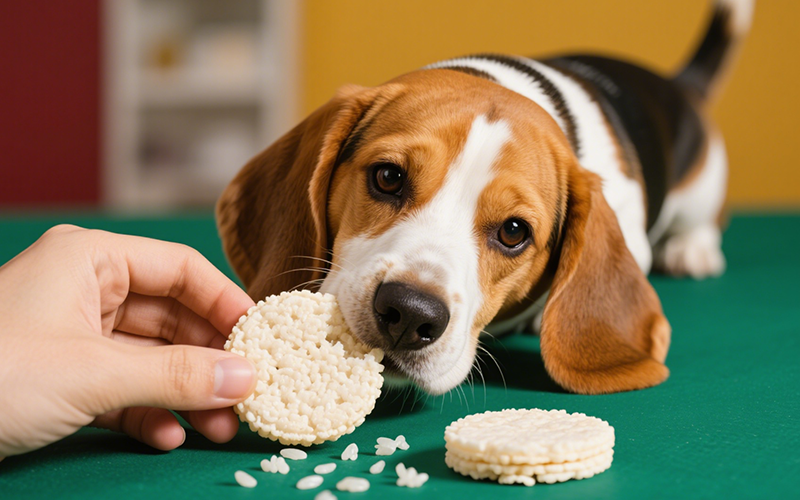
Rice Cakes for Rover? A Crunchy Question: Can Dogs Eat Rice Cakes Safely?
- 24 Apr 2025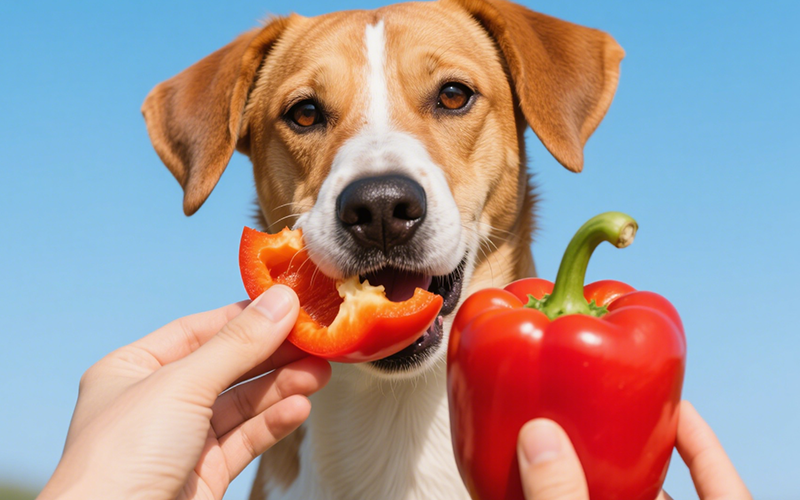
Crunchy & Colorful: Can Dogs Eat Red Bell Peppers Safely? A Vet-Approved Guide
- 24 Apr 2025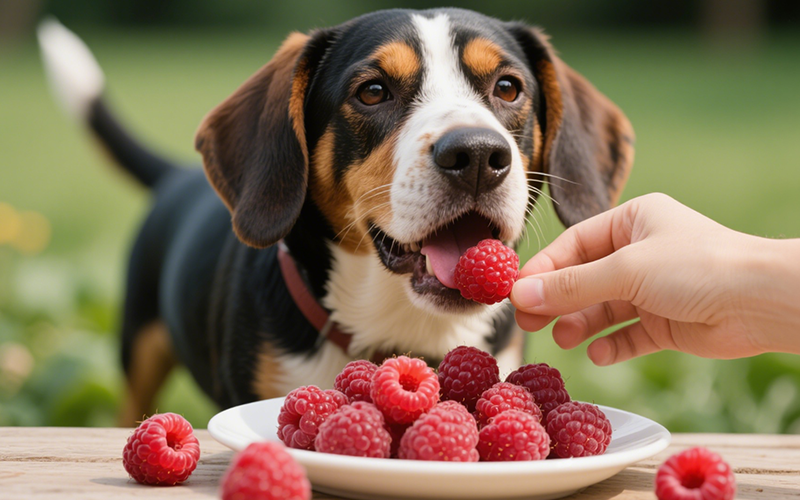
Raspberries for Rover? A Vet's Guide to This Berry Good Treat for Dogs
- 23 Apr 2025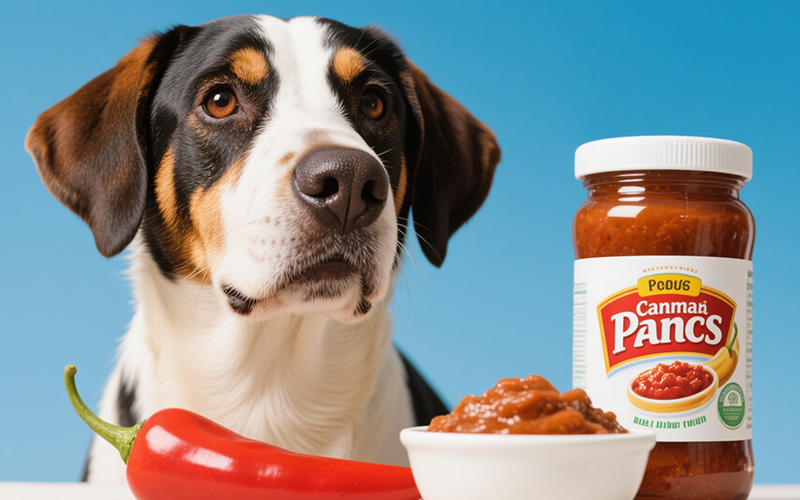
Ranch Dressing Dilemma: Can Dogs Safely Indulge? A Deep Dive into Why It's a Bad Idea
- 23 Apr 2025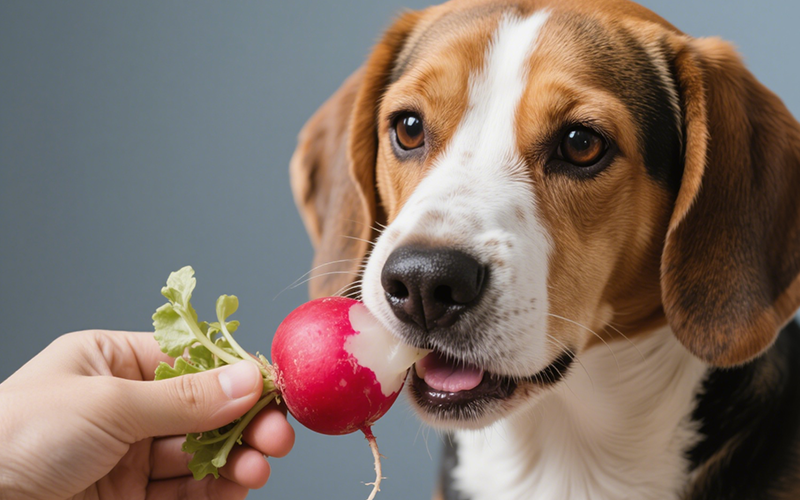
Radish Bites for Your Buddy? A Vet-Reviewed Guide on Whether Dogs Can Eat Radishes
- 22 Apr 2025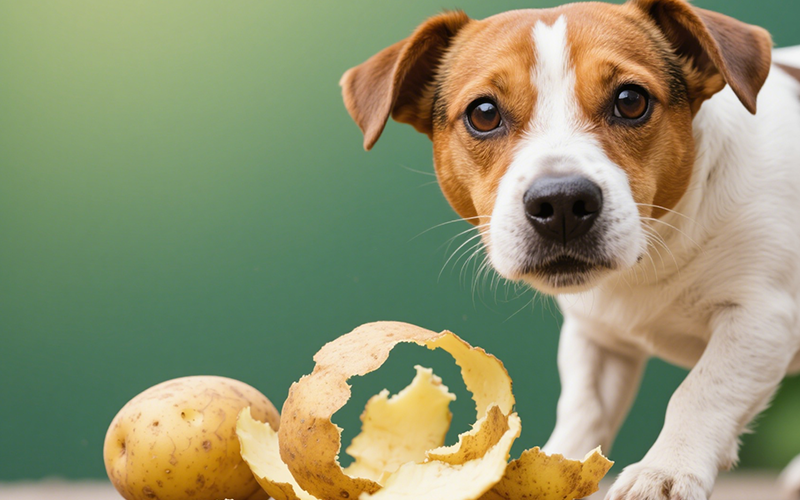
Potato Peels for Pooches? Unpeeling the Risks and Facts for Dog Owners
- 22 Apr 2025
Crunchy Curiosity: Can Dogs Safely Snack on Pork Rinds? A Deep Dive
- 21 Apr 2025
Pomegranate Seeds and Pooches: A Deep Dive into Whether Dogs Can Safely Indulge
- 21 Apr 2025
